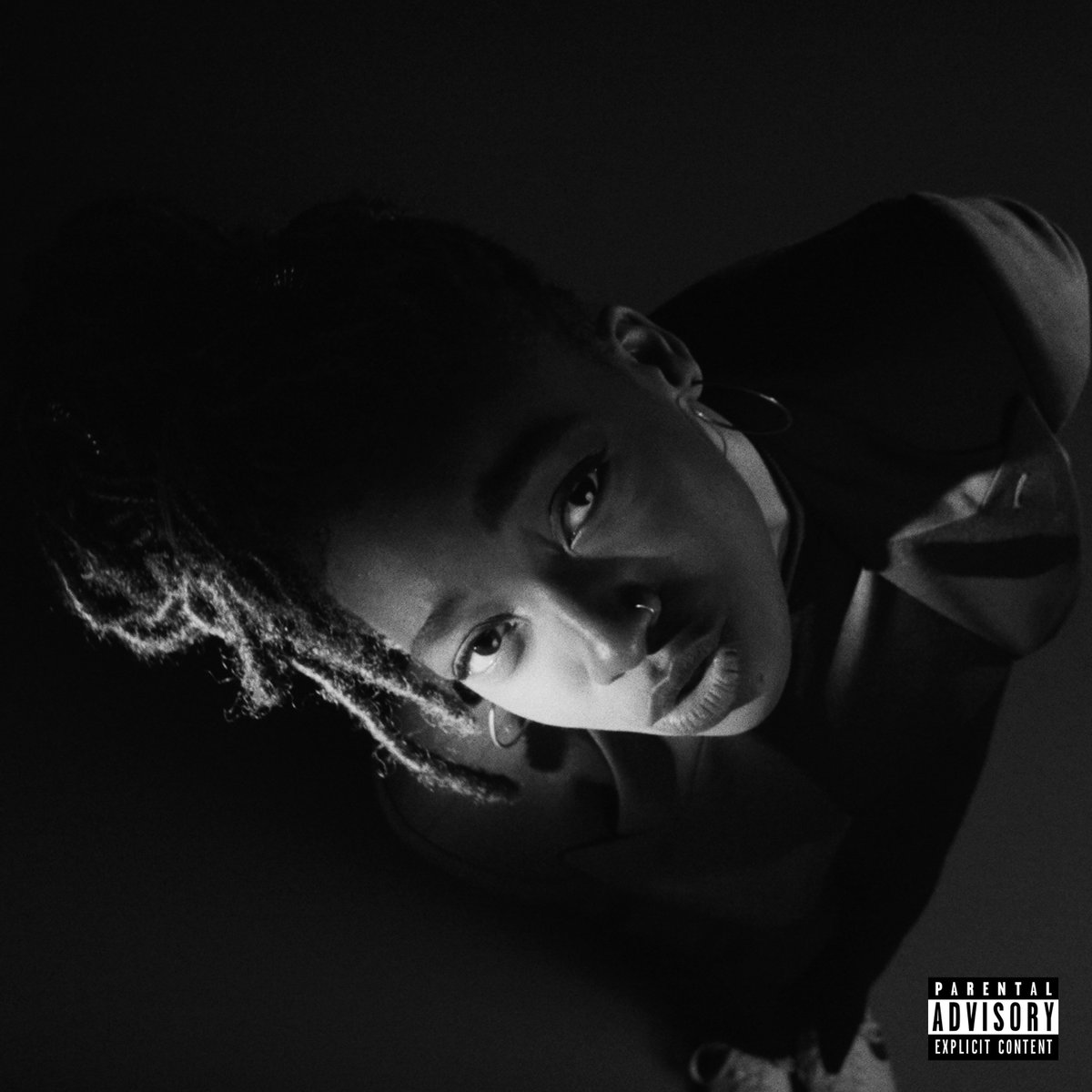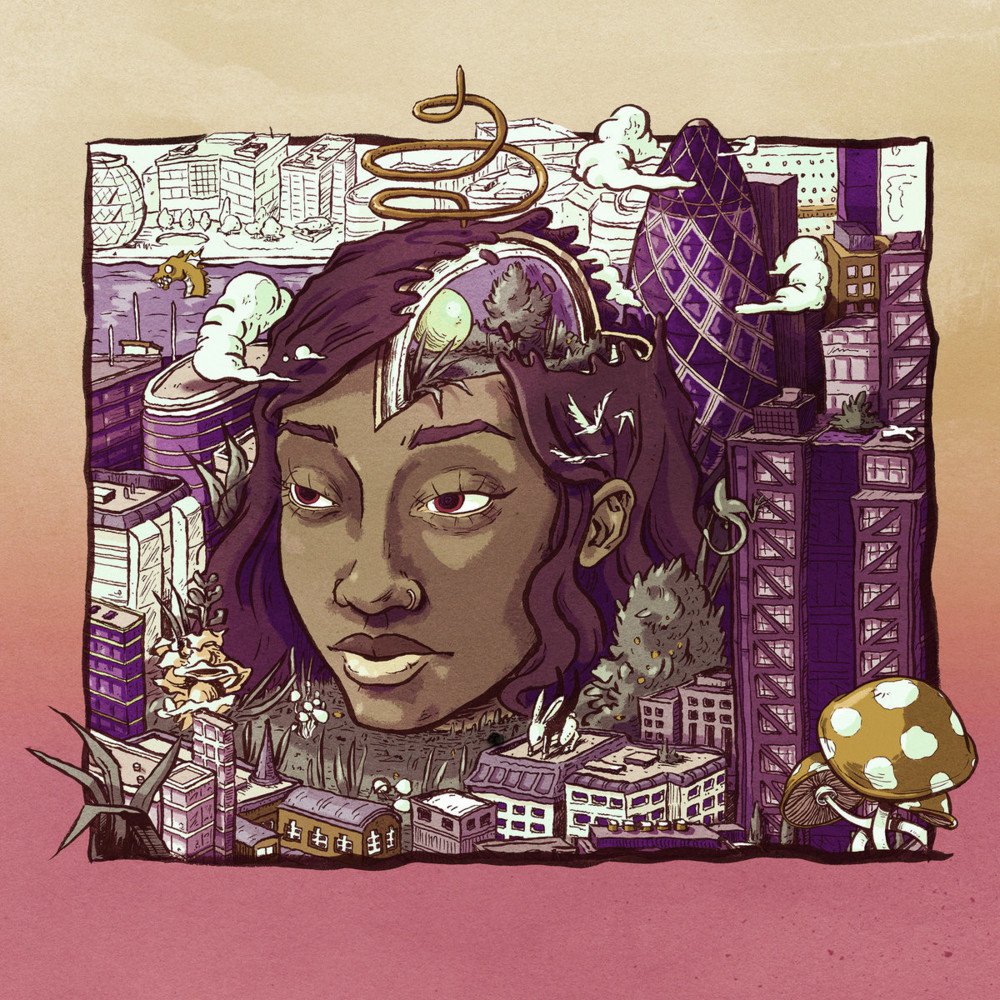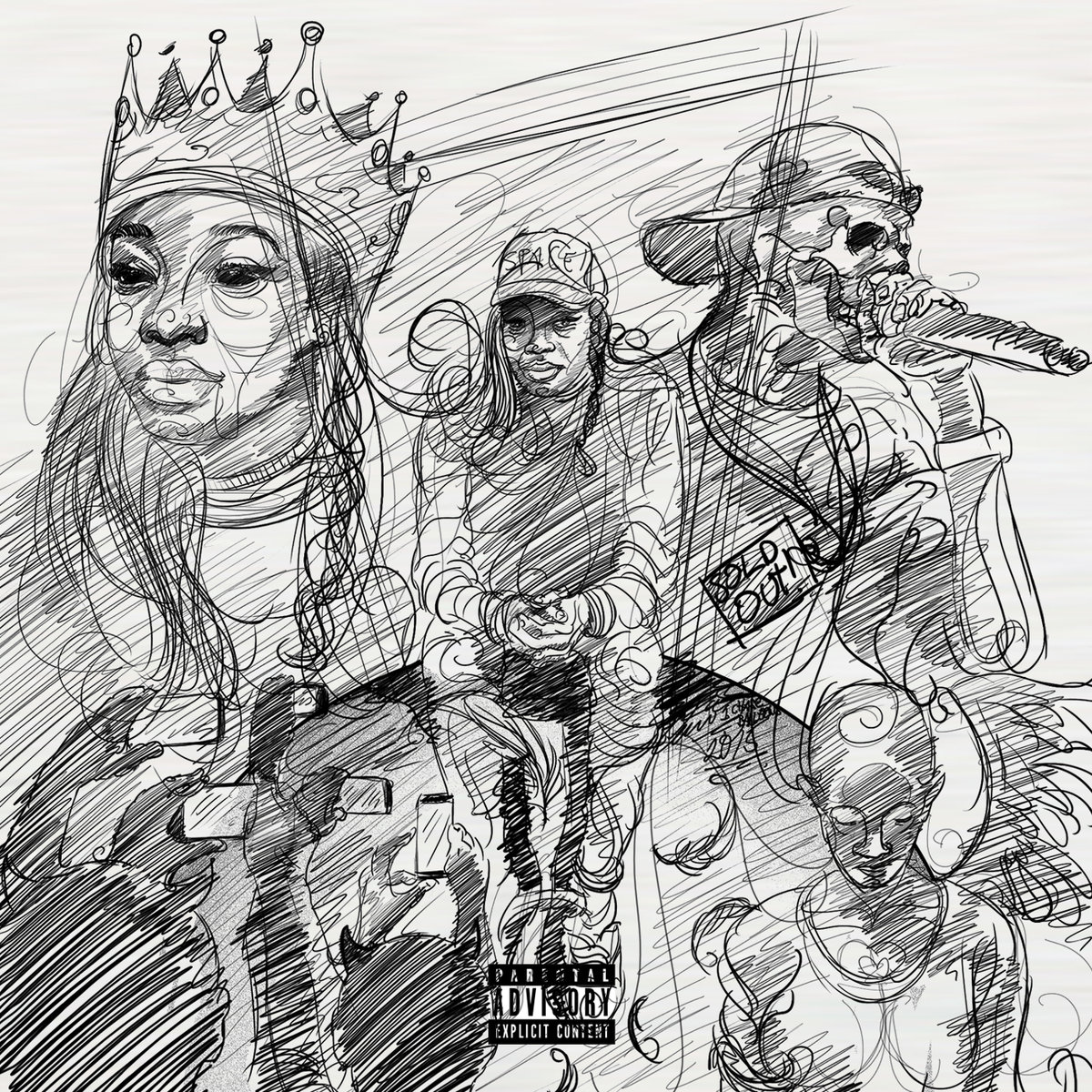The self-proclaimed “Dean of American Rock Critics,” Robert Christgau was one of the pioneers of music criticism as we know it—the music editor of the Village Voice from 1974 to 1985 and its chief music critic for several decades after that. At the Voice he created both the annual Pazz & Jop Critics’ Poll and his monthly Consumer Guides. Christgau was one of the first critics to write about hip-hop and the only one to review Simon & Garfunkel’s Bridge Over Troubled Water with one word: “Melodic.” He taught at New York University between 1990 and 2016, and has published six books, including his 2015 memoir Going Into the City . A seventh, Is It Still Good to Ya?: Fifty Years of Rock Criticism 1967-2017 , is now available from Duke University Press. Every Friday we run Expert Witness, the weekly version of the Consumer Guide he launched in 2010. To find out more, read his welcome post; for almost five decades of critical reviews, check out his regularly updated

Billie Eilish: When We All Fall Asleep, Where Do We Go? (Darkroom/Interscope) Slotting this self-created 17-year-old as pop computes musically and commercially while reminding us how amorphous that once snappy term has become. Her soprano too diminutive for vocal calisthenics, her sensibility too impressionistic to bother mapping out track-and-hook bliss points, Eilish is a home-schooled Highland Park weirdo whose darkly playful version of teen-goth angst had already captivated millions of young weirdos-in-potentia before this electro-saturated debut album put in its bid for the rest of us. Seldom catchy in any conventional sense, every one of these 14 tracks entices the ear anyway, from “Bad Guy”‘s “duh”s to “Xanny”‘s blown speaker cone to the shuddering sound-pit that swallows “You Should See Me in a Crown” to the plinked piano of “All the Good Girls Go to Hell” to the tunefully cooed “Wish You Were Gay,” and it keeps going. Only then it closes shut when one of the least self-glorifying suicide songs ever sets up a finale comprising songs titled simply “I Love You” and “Goodbye”—each quiet, each pretty, each what it says, each sad without ever turning gruesome or crossing its fingers. A
Videos by VICE

Little Simz: Grey Area (Age 101) After two valiant, well-crafted, less than compelling albums, what struck me instantly about this London-born-and-based Nigerian rapper’s third try was its musicality: soft-edged without slurring a word, her flow is ductile and refreshing, brooklike whether or not she’s ever tromped in the woods. Yet it’s also confident and even defiant without benefit of dancehall boom-bap. Peeved that she’s got a career but not much more, the hard-touring 25-year old insists that she’s a rapper, not merely a female rapper. And that’s fine. But whether reporting that she’s “a sensitive soul” or protesting that her jailed friend Ken has “a heart full of gold/Good intent with a smile so big,” her virtues are female virtues even if they should be everyone’s. How many males would begin a song claiming “L-O-V-E” is “something that I don’t believe in” and end it “Was bound to end eventually/Still it hurts tremendously/Can’t bear the intensity”? Not many—other males might mock them! Simz is clearly tough—has to be. But she’s also clearly kind, and that’s even tougher. A MINUS

Billie Eilish: Dont Smile at Me (Darkroom/Interscope) Billie’s songwriting is still juvey here, Finneas’s production still in the learning stage. Yet those gobsmacked by the album are now equipped to go back to first appreciate and then savor Eilish’s RIAA-certified singles and their EP pals. I doubt I’ll ever find the quietly murderous “Bellyache,” say, much more than a sublimated tantrum, bummer, existentialist gesture, whatever. But none of these interpretations render it anything close to unlistenable, carried as it is, like the whole wittingly makeshift collection, by her still-fragile melodies and still-pure voice. B PLUS

Little Simz: Stillness in Wonderland (Age 101) Representing for her smart, up-and-coming, insecure self with a loose “concept” meant to spark conscious rap in the U.K., an elusive goal. anywhere (“Shotgun,” “Picture Perfect”) *

Little Simz: A Curious Tale of Trials + Persons (Age 101) Stake your claim at 21, hit paydirt four years later. (“Dead Body,” “Full or Empty” *




